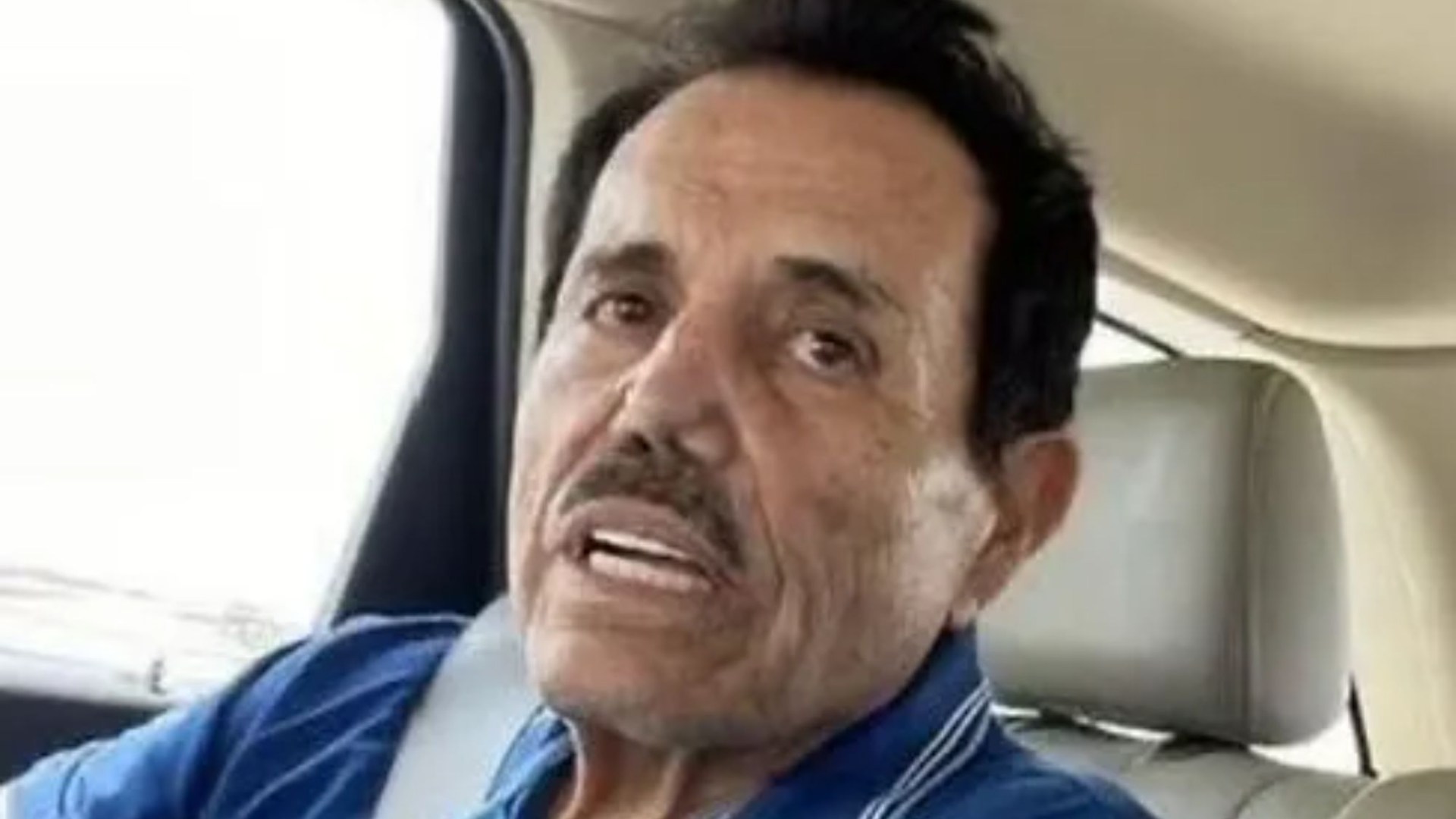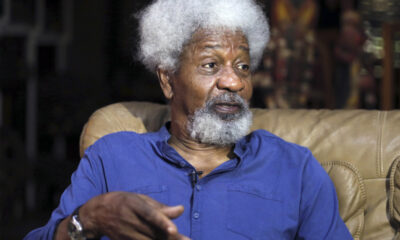World
El Mayo Admits Guilt in Massive Drug Trafficking Scheme

The notorious Mexican cartel leader, Ismael “El Mayo” Zambada, has pleaded guilty to drug trafficking charges, marking a significant moment in the long history of organized crime. At 77 years old, Zambada admitted to flooding the United States with cocaine over a span of more than fifty years. His admission of guilt comes as part of a plea agreement in federal court in Brooklyn, where he expressed remorse for his actions, stating, “I apologize for all of it, and I take responsibility for my actions.”
Zambada co-founded the Sinaloa Cartel alongside Joaquín “El Chapo” Guzmán, and the organization has been identified as the most powerful criminal entity in Mexico, with extensive influence worldwide. Under their leadership, the cartel has been responsible for a substantial influx of cocaine and other narcotics into the United States, contributing to rampant violence in Mexico. Zambada acknowledged this reality during his court appearance, expressing regret for the pain caused by his criminal activities.
In his eight-minute address to the court, Zambada detailed his involvement in the drug trade, which began in his teenage years. He recalled starting with marijuana cultivation after leaving school with only a sixth-grade education in 1969. Over the decades, he transitioned to selling heroin and cocaine, ultimately admitting that from 1980 until last year, he and the cartel transported at least 1.5 million kilograms of cocaine, most of which ended up in the United States. Prosecutors also noted that Zambada’s operations extended to trafficking fentanyl and methamphetamine.
Zambada’s guilty plea is seen as a landmark moment in the ongoing efforts to dismantle the Sinaloa Cartel. Pam Bondi, the U.S. Attorney General, described the plea as a “landmark victory,” asserting that Zambada will likely spend the rest of his life in prison. He is scheduled to be sentenced on January 13, 2024, where he faces a potential life sentence and substantial financial penalties. The plea agreement also ensures he will not face the death penalty, a serious consideration that influenced his decision to forgo a trial.
Zambada’s arrest last year was the result of a daring FBI sting operation in El Paso, Texas, where he was lured by El Chapo’s son, Joaquín Guzmán López. Reports suggest that Guzmán López blamed Zambada for his father’s arrest in 2019. Following his capture, Zambada claimed he had been “kidnapped” in Mexico and brought to the United States against his will.
The Sinaloa Cartel, under Zambada and Guzmán, has been characterized by its violent tactics and extensive network of corruption. Zambada’s role as a strategist and negotiator within the cartel has been noted as a critical factor in its operational success. Prosecutors have highlighted his involvement in the cartel’s violent activities, including reportedly ordering the murder of his own nephew.
As Zambada prepares for sentencing, his case represents not just a personal reckoning but also a pivotal moment in the fight against drug trafficking and organized crime in both Mexico and the United States. His admission of guilt is an acknowledgment of the devastating impact of the cartel’s operations, which have left a profound scar on communities across North America.
-

 Entertainment3 months ago
Entertainment3 months agoAnn Ming Reflects on ITV’s ‘I Fought the Law’ Drama
-

 Entertainment4 months ago
Entertainment4 months agoKate Garraway Sells £2 Million Home Amid Financial Struggles
-

 Health3 months ago
Health3 months agoKatie Price Faces New Health Concerns After Cancer Symptoms Resurface
-

 Entertainment3 months ago
Entertainment3 months agoCoronation Street’s Carl Webster Faces Trouble with New Affairs
-

 Entertainment2 months ago
Entertainment2 months agoWhere is Tinder Swindler Simon Leviev? Latest Updates Revealed
-

 Entertainment4 months ago
Entertainment4 months agoMarkiplier Addresses AI Controversy During Livestream Response
-

 Science1 month ago
Science1 month agoBrian Cox Addresses Claims of Alien Probe in 3I/ATLAS Discovery
-

 Entertainment4 months ago
Entertainment4 months agoKim Cattrall Posts Cryptic Message After HBO’s Sequel Cancellation
-

 Entertainment2 months ago
Entertainment2 months agoOlivia Attwood Opens Up About Fallout with Former Best Friend
-

 Entertainment3 months ago
Entertainment3 months agoMasterChef Faces Turmoil as Tom Kerridge Withdraws from Hosting Role
-

 Entertainment4 months ago
Entertainment4 months agoSpeculation Surrounds Home and Away as Cast Departures Mount
-

 World2 months ago
World2 months agoCole Palmer’s Mysterious Message to Kobbie Mainoo Sparks Speculation




















